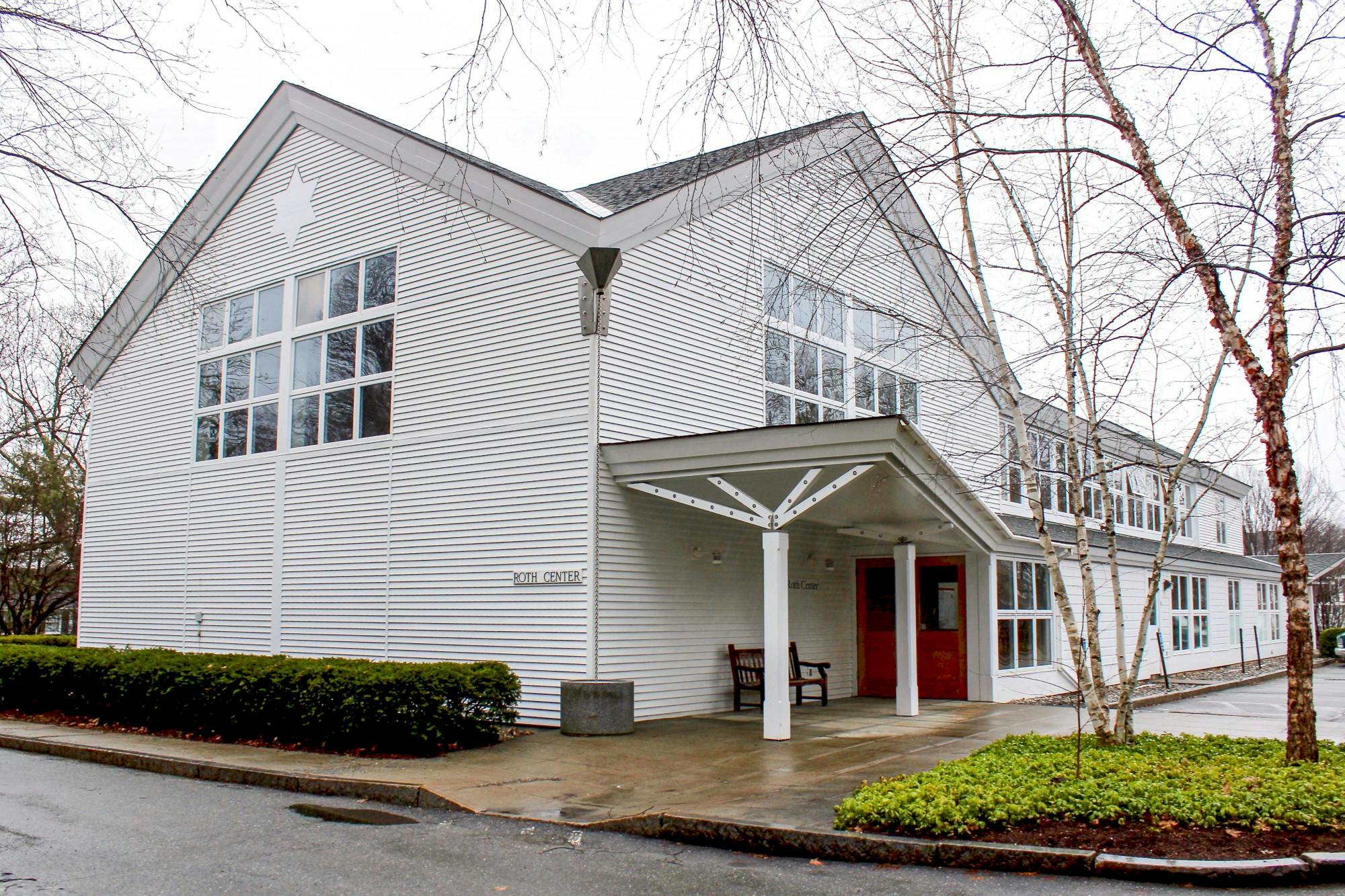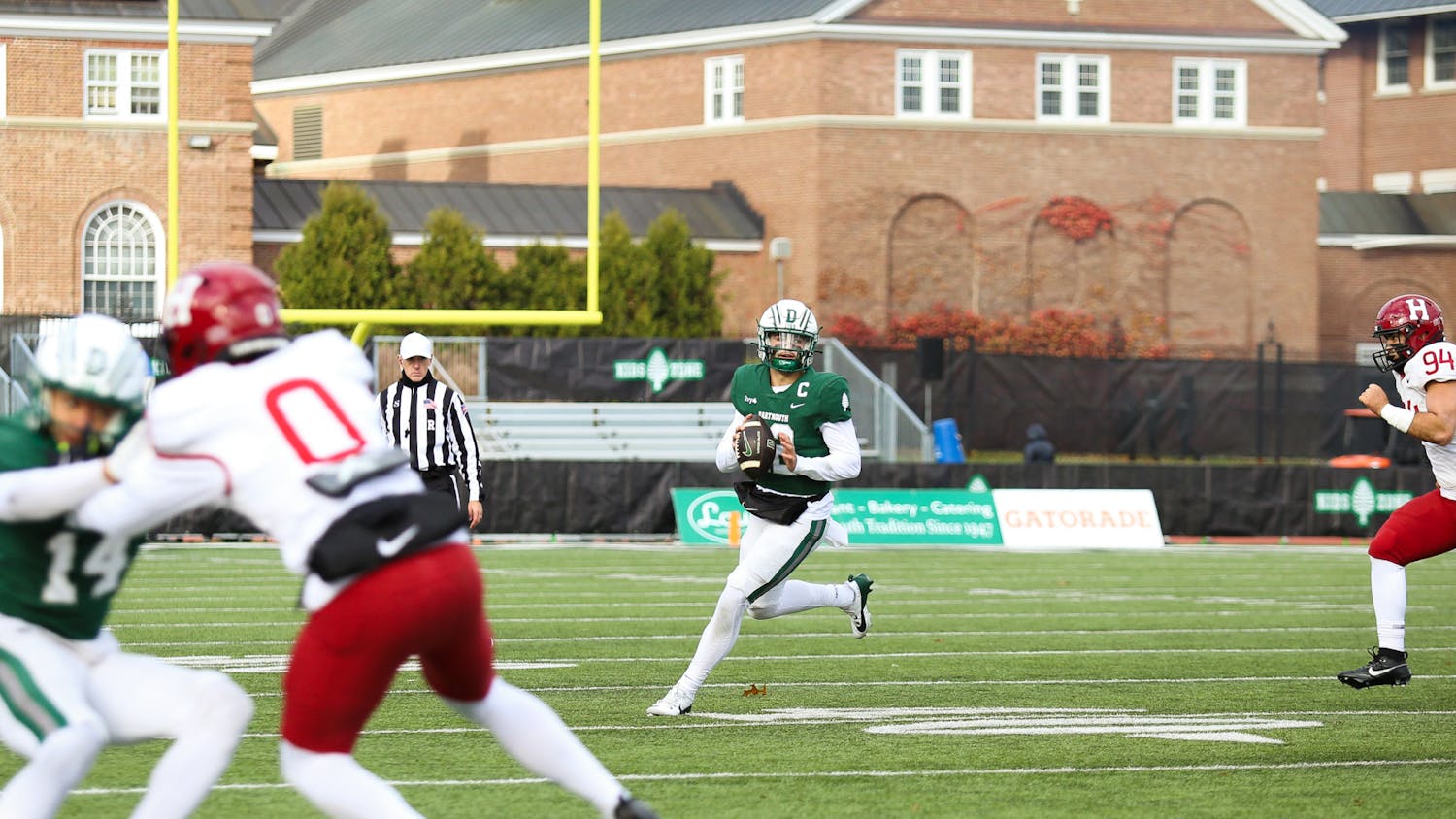On the morning of Jan. 15, around 10:30 a.m., a lone man entered the Beth Israel Synagogue in Colleyville, Texas. He appeared to be unarmed, and was warmly welcomed into the Sabbath Prayer Service by Rabbi Cytron-Walker. The Rabbi made him a cup of tea and began the prayer service.
Several minutes later, a distinctive click rang out across the synagogue — that of a weapon being brandished. Over the next ten hours, 44 year-old Brit Malik Faisal Akram would proceed to hold four members of the synagogue hostage, demanding the release of Pakistani neuroscientist Aafia Siddiqui, who is currently serving an 86-year sentence for terrorist-related offenses.
Thankfully, the hostages made it out safely, in large part due to the bravery of Cytron-Walker, who detailed how he “threw a chair at the gunman and headed for the door” with the other members of the synagogue as the FBI barged into the space. But nevertheless, the attack sent waves of horror and anger throughout the U.S. and the world, particularly within the Jewish community.
David Kantor ’22, the president of Dartmouth Hillel, a Jewish student organization on campus, said he was in “shock” after hearing about the incident.
“As someone who has gone to synagogue for High Holidays my whole life, it was very upsetting to hear,” he said. “The thought of an incident like that happening at a synagogue in Texas goes to show it could happen anywhere.”
“Shock” was the most common word of reaction among the people interviewed for this piece. It takes time to process an attack like this, and responses to it can be varied. One particularly controversial response was from the FBI, who originally described the siege as “not specifically related to the Jewish community.”
Although the FBI would later backtrack and say that the attack was an “act of terrorism targeting the Jewish community,” their initial characterization left members of the Jewish community and others frustrated and confused.
“It’s definitely frustrating as a Jewish person,” Kantor said, “For Jewish people, we clearly see this as an antisemitic event, but sometimes these events are miscategorized, and that’s a reality we have to live with. Getting people to understand that and to recognize any discrimination — not just antisemitism — is something our society needs to hold incredibly important right now.”
Jewish studies professor and program chair Susannah Heschel commented on the gunman’s instinct to hold the members of the synagogue responsible for the imprisonment of Siddiqui.
“It’s obvious that the gunman was acting on the belief that Jews are controlling the world somehow, and a Jew is going to be able to release somebody from a federal penitentiary,” she said. “That’s a very old dangerous antisemitic idea, one that is circulating around the world more and more these days. But we need to get rid of it.”
The attack is indicative of a larger problem: a rising rate of antisemitic incidents in the past decade. The Anti-Defamation League, a group committed to combating defamation of the Jewish community, has shown a spike in antisemitic acts incidents in the past few years. In fact, the ADL has recorded that the rate of antisemitic incidents from “murders to harrassment” has roughly doubled since 2010 — a staggering increase. In addition, in 2018, the U.S. experienced the deadliest mass killing of Jews in American history, in which 11 members of the Tree of Life Synagogue in Pittsburgh lost their lives.
And this is a problem that the Dartmouth community has not escaped. Just last year, a former Dartmouth student vandalized a menorah, sparking outrage and shock among the Dartmouth community. The College and various groups around campus condemned the attack as “antisemitic,” but the offender was not ultimately charged with a hate crime.
Why not assign the hate crime charge? Interim chair of the Jewish studies department professor Veronika Fuechtner has an idea.
“I think there’s often an initial impulse to say, ‘Oh, this was not a racist attack, or this was not a misogynist attack,’” Fuechtner said, “Because if you do acknowledge that, you have to act on it immediately — you have to start reading it as an alarm sign for your whole community.”
She also points to modern society becoming “more and more removed from the events of World War II and the Holocaust” as a reason for the increase of these antisemitic attacks. As fewer and fewer World War II and Holocaust survivors remain alive to share their stories, “experience becomes abstract history,” Fuechtner said. “There is an element of empathy that is lost.”
And while antisemitism needs to be addressed partly on its own, professor Heschel sees this rise of antisemitism as a piece of a larger, systemic “explosion of violence and racism and rage and guns.”
“It’s everywhere,” Heschel said. “It’s the church in Charleston, South Carolina in 2015 [in which 9 Black Americans were killed]. It’s the Asian American woman who was pushed to her death in a subway station just a few days ago. There is no safety in America. Period. Not in the synagogue, not in the subway station in New York City, not on the streets of Boston, not in California.”
Both Heschel and Fuechtner, as members of the Jewish studies program, have been pushing for an intersection of departments at Dartmouth, where students are exposed to the ways different forms of discrimination are intrisically connected.
“We’re siloed in a lot of our departments,” Heschel said. “We study racism toward Latinos in one department, racism towards Black people in another, toward Asians in another, towards Jews in another. It has to come together, we have to understand that each one affects the other one once you have racist ways of thinking.”
They have introduced courses that combine discussions of the African American experience and the Jewish American experience, but are “hoping for more,” wishing to push students to actively engage in these issues, to see the links between discrimination of all forms, to help prevent horrifying attacks like Colleyville.
“I think it’s very easy to hop on like the train when everybody’s talking about it but that’s not when it matters,” Kantor said. “Identifying discrimination, identifying these issues is something that should really be done more actively, and I hope the Dartmouth community can continue to identify these. There are people who are really on top of this, and that’s fantastic, and it’s something that I hope that we can continue to grow.”




